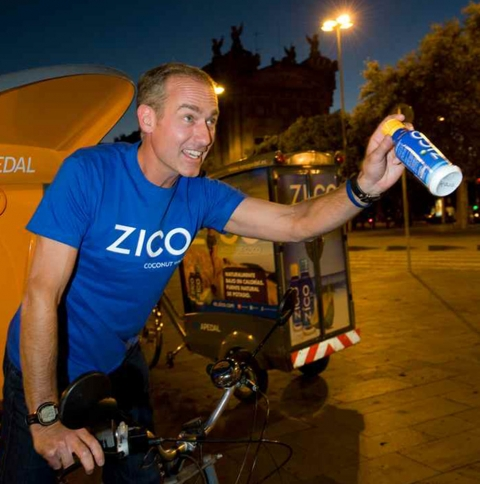Dan Gluck on the Opportunity for Massive, Positive Changes in Our Food System
Dan Gluck — May 4, 2022
As it stands, our food system is broken. It’s unsustainable, inefficient, and inhumane. We launched PowerPlant Partners several years ago to capitalize on what we saw as a massive opportunity in rebuilding our food system to be healthier, more sustainable, and kinder to animals.
The world is unprepared to meet the food production needs of an ever-growing population. But, plenty of research supports that transitioning to more plant-based diets could create lasting change and fix our broken food system. These truths motivate our work to actively invest in companies that are innovating and creating products that are better for us and the planet.
The High Cost of the Average American Diet
The average American diet is contributing to the degradation of our environment and our health. 70% of American adults are overweight or obese.
These individuals are at higher risk of a number of medical conditions and bear the financial burden of high medical costs. Not only are there high personal costs, but high environmental costs as well.
Livestock takes up 77% of agricultural land globally, but only makes up 18% of the calorie supply and 37% of the protein supply. Agriculture and livestock account for 25% and 14% of global greenhouse gas emissions, respectively. Animal proteins use 10x the fossil fuels and 5x the amount of water in production than their plant-based protein counterparts. These numbers show a serious inefficiency in our current food system, but also offer a promising solution: plant-forward diets.
Plant Proteins: Accessible and Affordable
One of the biggest obstacles to getting people to eat more plants is the notion that plant-based diets are inaccessible and expensive. In reality, plant-based diets are inherently more accessible and affordable than animal protein diets. Growing and producing plant proteins takes significantly less resources than animal proteins. Studies have found that nutritionally comparable plant-based diets produce twofold and 20-fold more protein per acre than the animal proteins and animal byproducts (in this study, beef and eggs) they replace.
If we all ate more plants, the problems we currently face could be diminished. We could lower CO2 emissions, reduce global mortality, and save trillions of dollars on healthcare spent on diet-related illnesses. Not to mention, we’d save billions of animals – 68 billion die each year for food at inhumane factory farms. Not only are plant-based diets more humane, but these animals could be used in regenerative farming efforts to maintain the biodiversity of our planet.
Changing the Narrative Around Plant-Based Diets
Assuming that everyone will transition to a 100% plant-based diet is unrealistic. But, if more people choose to incorporate more plant-based meals into their diets, we can expect some massive, and positive, changes to our food system and beyond. Large systemic changes like these take time, but changing the narrative around plant-based diets and finding ways to seamlessly include plant-forward products into our daily lives is a challenge I’m passionate about tackling.
Ultimately, it’s my goal to play a role in moving our food system beyond natural resource protection and even sustainability to regeneration: that means while we feed and nourish ourselves, we simultaneously renew and replenish soil, forests, oceans, climate, and our connection to each other, our planet and those with whom we share it. Together, we can make a massive impact. Now is the time!



